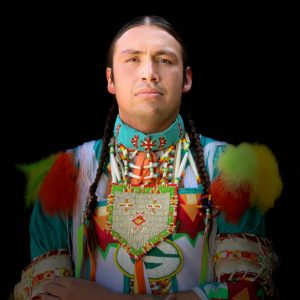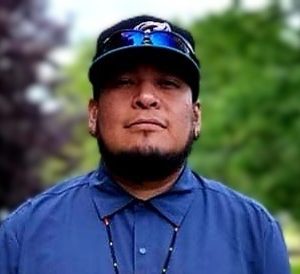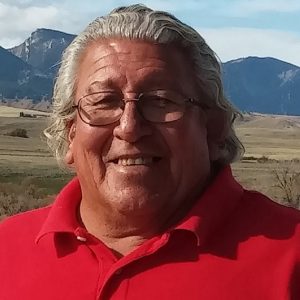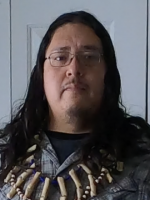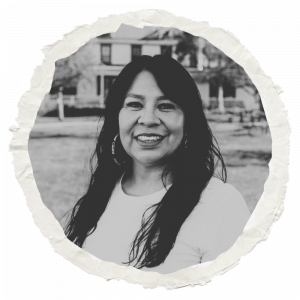
Keynotes
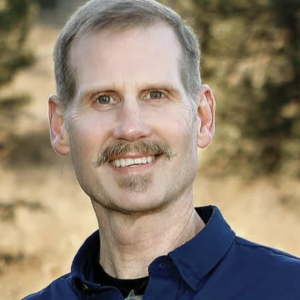
The Maurice Effect: How an Unlikely Friendship Serves as a Unique Pathway to Love
David Carpentier
David Charpentier will read passages from his recent memoir, The Boy Who Promised Me Horses, and discuss how his friendship with Maurice Prairie Chief can serve as a model in our attempts to love and understand those around us. The author will take the audience on a journey that explores his adventures with Maurice Prairie Chief, revealing how the two of them developed an understanding and trust, illustrating that even though their backgrounds differed, on deeper and ultimately more important levels, they were so very much alike. This awareness allowed a cross-cultural understanding and gave space to compassion, acceptance, and admiration, a pathway that serves as an example that can bring people across Montana together. Ultimately, David Charpentier will reveal what Maurice’s friendship meant to him, and how his understanding of it has affected his embrace of friendship and love ever since.
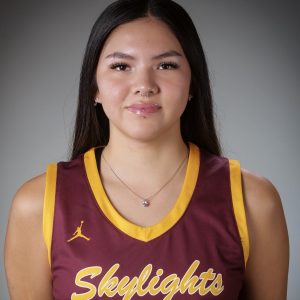
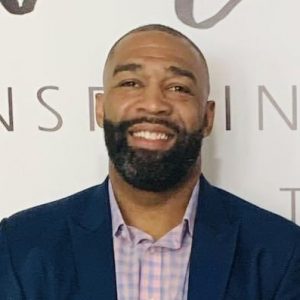
Romeo Travis
Experiential Sessions
Breakout Sessions
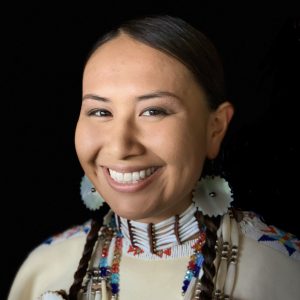
Cheyenne Language Lesson – Driving Directions
Rosalia Badhorse
Can you receive and give directions in an Indigenous language? In this interactive session, you will learn how to receive and give driving directions in the Cheyenne language. You do not have to have any prior exposure to the Cheyenne language, just a willingness to try something new. After learning this game, you can then take it back to your classroom to play with your students.

Ahtove – A Teaching Resource about Northern Cheyenne Culture
John Bennett
Looking for more authentic, engaging, and contemporary ways to teach about Native American culture? Come see lesson plans, primary sources, augmented reality, music, art, dance, stories, and artifacts that can make your learning come alive. Explore ways that Native American education has been incorporated into university & K-8 curriculum. All resources will be made available to participants through ahtove.org.
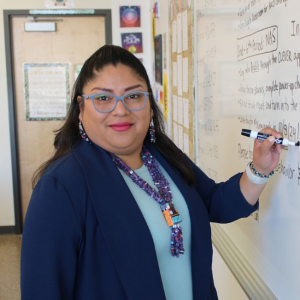
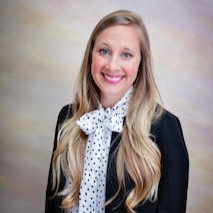
Honoring Stories, Bridging Gaps: Practical Tools for Culturally Responsive Teaching
Lorilei Chavez and Kristal Funk
Let’s explore the transformative potential of the New Mexico Indigenous Instructional Scope as a model for creating culturally responsive, equitable classrooms. We will begin by highlighting its development, significance, and how its core tenets—especially Tenet 2 (Gaps in Understanding) and Tenet 3 (Language and Stories)—can help foster respect, understanding, and cultural humility among all students and staff. We will scratch the surface of addressing gaps in understanding between cultures, exploring the power of Indigenous language and storytelling to move beyond the idea of a singular “universal” story to embrace the richness of diverse narrative and practical strategies for integrating Indigenous perspectives into daily lesson plans, drawing on the NMIIS as a framework. Educators will leave with resources and actionable strategies to strengthen community ties, support ongoing learning, and confidently incorporate Indigenous perspectives into their teaching practice. Whether you are an administrator or a classroom teacher, this session will equip you to lead and inspire culturally responsive change in your school community.

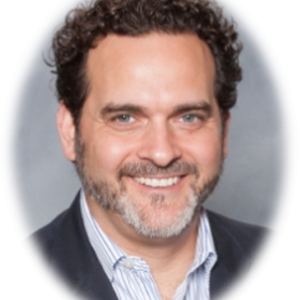
Kari Dahle-Huff and Sam Chestnut
If we can be intentional about learning the culture of our students using a “withnness” framework we can build trust and open lines of communication. This model Invites students into an educational journey built on trust and creates an empowering learning community for all.
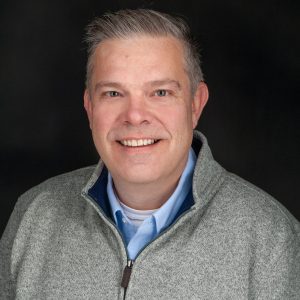
Scott Durham
This presentation starts from the premise that current social studies classrooms across the United States struggle with integrating Indigenous People and thought throughout the teaching of history and civics. In fact, through the analysis of one state’s social studies standards, we find that specific references to Indigenous people ends in 1898. In an attempt to more fully engage the full history of the United States and all those that contribute to it, we call on the concept of culturally sustaining/revitalizing pedagogy to investigate when and how Indigenous thought can be incorporated into other topics and standards, beyond 1898, that could re-ignite an interest in Indigenous thinking. By doing so, we aim to not only offer different perspectives about more contemporary issues and events, perhaps perspectives that are more just and that seek equity, but to also alleviate the notion that our Indigenous brothers and sisters exist only in the past, but rather are active and vibrant contributors to our national identity.
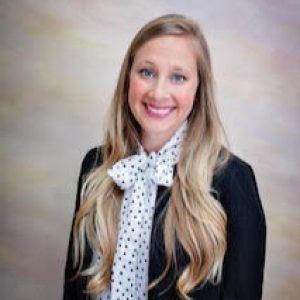
Kristal Funk
How can we create classrooms where every student feels honored, heard, and empowered? In this interactive session, participants will explore practical strategies to foster meaningful student dialogue that honors diverse cultural and linguistic backgrounds. Drawing on research and classroom examples, we will examine how intentional conversations can deepen student engagement, build critical thinking, and promote academic ownership—enabling learners to articulate what they know, why it matters, and how it connects to their lives. Attendees will leave with actionable tools to create inclusive environments where student voices are central, and every learner is invited to “sit in the place of honor”.
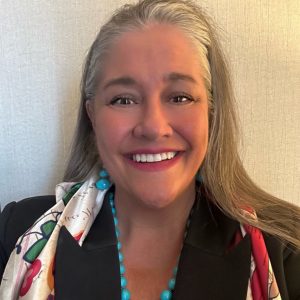
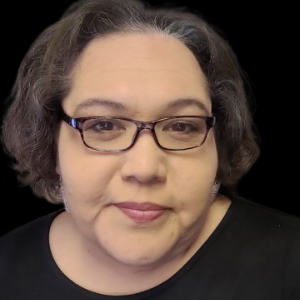
A Culture of Connection: A Tribal Relational Framework for Whole Child Engagement
Dr. Brooke Beaverheart Gondara & Crystal Hickman
Participants will learn how Montana is supporting educators to engage students through a framework of relationship, purpose, and identity using strategies built through the Indigenous Whole Learner Relational Framework and The Whole Child Skill Competencies. Attendees will understand how Montana’s American Indian Student Achievement and Relations unit works to enkindle education and achievement through a balanced and contextualized approach to supporting student learning outcomes by creating the conditions for academic achievement and whole human wellness.
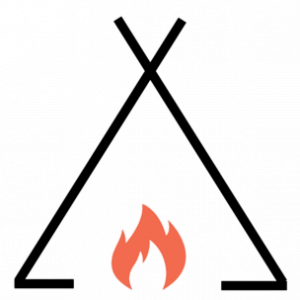
The Buffalo Hide Model: A path to truly De-colonizing Education
Matthew Johnson
This session will discuss and offer a framework for introducing Culture, Restorative Practices and Trauma Informed care to create a model of educational sovereignty that allows students to and staff to learn in a safe and engaging environment. Create a school that is based on the values and strengths of your tribal community and prepares students to succeed at a high level and live a happy and productive life.

Indigenous Research Methods: Northern Cheyenne Water Governance
Daliyah Killsback, MA, PhD Candidate
Water moves on, past, through, and around the jurisdictional borders of the Northern Cheyenne Indian Reservation located in southeastern Montana. Different actors, settlers, arrivants, Indigenous, and Cheyenne peoples, have within and outside the Reservation attempted to relate to or to contain water legally, cartographically, materially, and in oral (hi)stories. In this session, I will overview my current dissertation research and Indigenous research methodologies I have employed. I examine the ways in which the Northern Cheyenne Nation has defined water and its contaminants legally and ontologically, sometimes overlapping and in contradistinction, as central to the Northern Cheyenne Nation’s own and federally-imposed definitions of sovereignty and nationhood. In “Research is Ceremony,” Shawn Wilson writes “the shared aspect of an Indigenous ontology and epistemology is relationality.” A choice in research topic, methods and forms of analyses are where relational accountability is put into practice; research is ceremony when it is by and for Indigenous people in that it brings relationships together. As a Cheyenne anthropologist “studying” my own people, I include Indigenous methodologies as I consider why I have chosen what it is that I research, the questions I have, and the ways I have been trained to and will proceed to research.
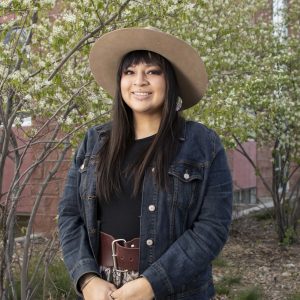
Transcending NAGPRA: Indigenizing Collections Care and Repatriation
Courtney Little Axe
The University of Montana Anthropological Curation Facility (UMACF) and UM NAGPRA teams have been working in collaboration with the Tribal Historic Preservation Officers from each Montana tribe to formulate policies, procedures, and practices in accordance with cultural protocols for repatriation and stewardship. The University of Montana’s NAGPRA Repatriation Coordinator will discuss what Indigenizing collections care and repatriation means and what culturally sensitive stewardship looks like.
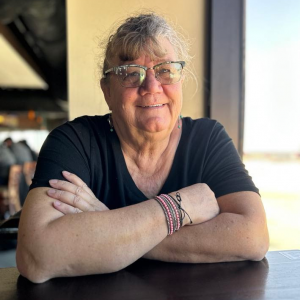
April Martin
In today’s fast paced world it can be hard to slow down and connect with students, each other and do self care. Our grandmothers had some ideas on how to care for community and family that we will learn about in a fun contemporary way.

Dr. Elaine Westbrook
This presentation explores the process of creating educational materials and lessons that blend Native American knowledge with Western academic frameworks, emphasizing the importance of valuing both ways of knowing. It highlights strategies for integrating Indigenous perspectives into curriculum design, ensuring that Native knowledge systems are represented authentically and respectfully. By drawing on examples from various Indigenous cultures, the session demonstrates how to present concepts that honor traditional knowledge while also engaging with Western scientific or academic approaches. The presentation provides educators with practical tools for fostering a learning environment where multiple epistemologies coexist, creating richer, more inclusive learning experiences for students. Through this intersectional approach, participants will gain insights into building cross-cultural curricula that promote critical thinking, cultural awareness, and mutual respect.

